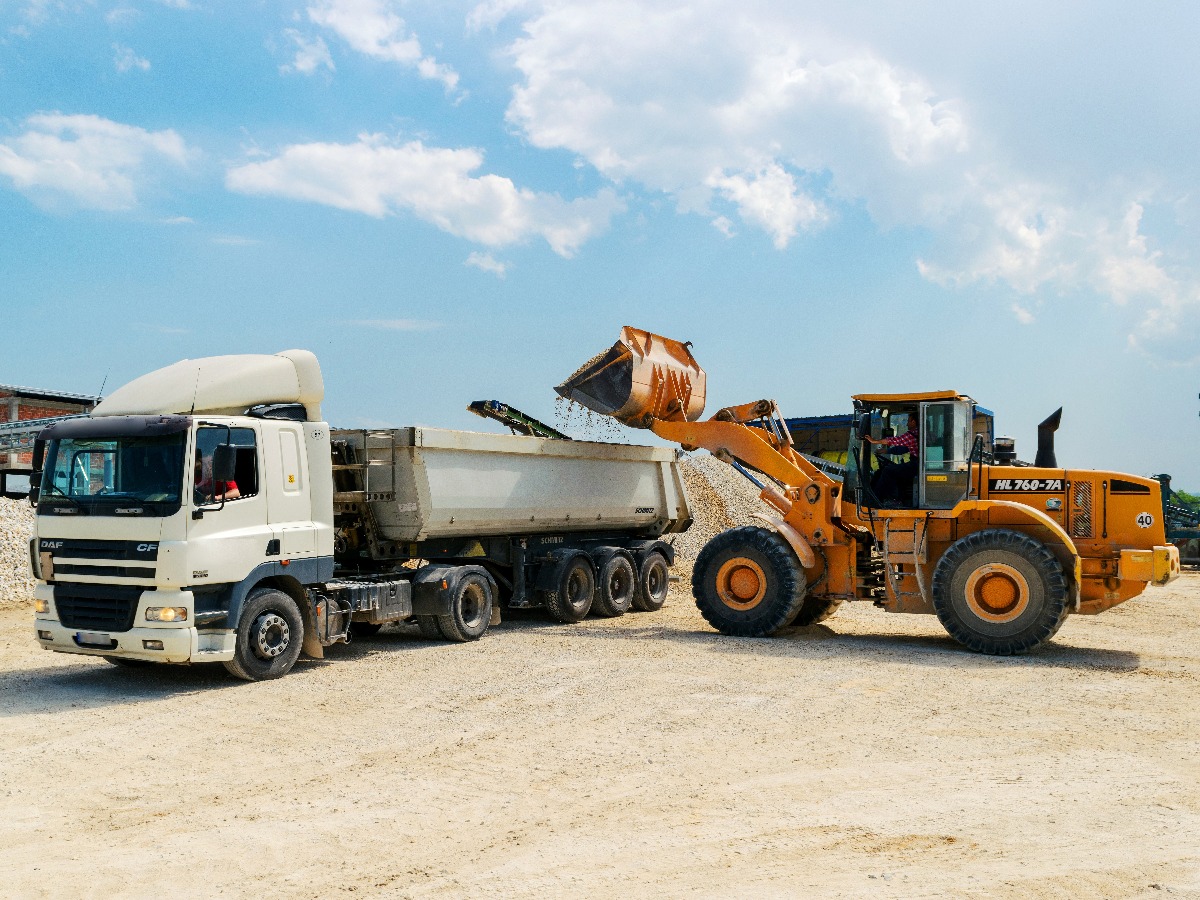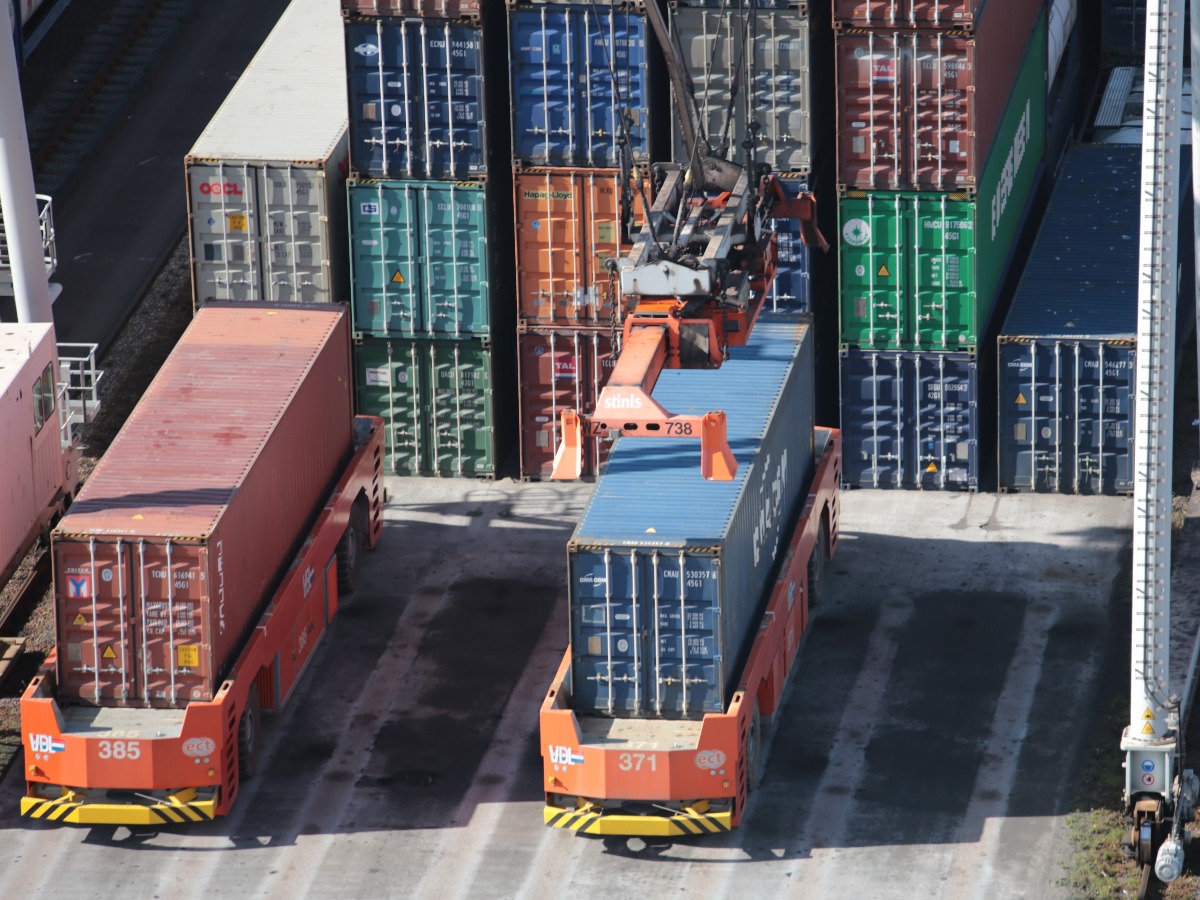Tips for Shipping Machinery Overseas

Are you a company that ships large, high-value machinery overseas? Whether you’re moving JCBs and excavators or tractors and agricultural equipment, transporting heavy machines securely requires years of experience and special handling. In this blog, read our tips on how to handle all the aspects that arise along the way, from loading and protection to insurance and documentation – ensuring stress-free, cost-effective transit.
1. Choose Ro-Ro or a Container
There are two options for shipping heavy equipment or large, driveable vessels – Roll-on, Roll-off (Ro-Ro), which tends to be lower-cost, or a container service. An experienced company can help you decide which method is right for you, but if you’re moving machines without tracks or wheels, you may have to use a container unless a MAFI trailer (or rollpallet) is available at the port. Container types vary between standard closed, open top, or flat rack depending on the shape, weight, and measurements of your freight.
2. Load Machinery Properly
Commercial machinery that’s oversized or weighty may require special equipment (such as forklift trucks or overhead cranes) to get it into a container or onto the road. The kit may not be available at the pick-up site, but there are companies that allow you to rent it yourself, or hire their service to operate it on your behalf. If the machine can be driven, it’s easier to load it onto either a tow truck via a ramp, or even directly into the container – it all depends on its size and capabilities.
3. Secure Heavy Shipments
If a container isn’t fully loaded (regardless of the type, but especially for flat rack), the contents may move during transit, and suffer potential damage like marks and dents as a result. The experts can best advise you on how to secure the machinery, such as using timber to fill any empty space, and utilising straps and/or chains to keep the load in place – alternatively, you could arrange for the company to take it to a warehouse near the port to prepare it for you.
4. Protect Against the Elements
Also, be aware of the harsher atmospheres at sea, such as recurring spray and salt water. Construction machinery is usually hardier against the elements, but equipment with exposed electronics such as control panels may require additional protective measures. Bear in mind safeguards such as desiccants to absorb moisture and promote drying, or shrink wrap to cover the entire machine.

5. Save on Shipping Costs
If your machinery is too large to fit into a standard container, you’ll likely pay more for shipping – however there are some cost-saving strategies you can employ. For example, disassembling the machine or removing any accessories might mean the parts can fit into closed containers, or within flat rack/open top containers. Loading each container fully also results in a lower number needed, helping to reduce costs. And, if you maximise miles at sea, these rates are typically lower than on the road.
6. Check Certification and Insurance
Shipping electrical devices and construction machinery needs to comply with safety standards – e.g., for EU shipping, items need to carry the CE mark. And, when shipping from the UK, documentation such as a V5C and purchase invoice will be required. Make sure you research local standards for the relevant countries beforehand to avoid any issues on departure and arrival. You’ll also need to consider insurance for high-value products, as the carrier won’t always pay for any potential damage during transit. Rates do vary, but a general rule is, the more your equipment is worth, the wiser it is to purchase your own cargo insurance.
7. Research Shipping Partners
If you’re not a large company, or you rarely transport machinery overseas, you’ll likely need to partner with a specialist who can help you:
- Protect your load securely with their packing experience
- Find forwarders that specialise in overweight loads
- Know how to clear Customs with the right classification
- Utilise strong agent relationships overseas to ship your products safely
Even if you are part of a big organisation, it’s always wiser to rely on the experts, as their experience will help you avoid the pitfalls and ensure a smooth journey for your shipment every step of the way. And, if you need to ship other items aside from machinery, check out our commercial cargo shipping guide.

Looking for a reliable specialist with years of experience to ship your equipment and machinery overseas? Our professional freight forwarding service will get your commercial goods to their destination safely and on time – contact Andrews Shipping today.
